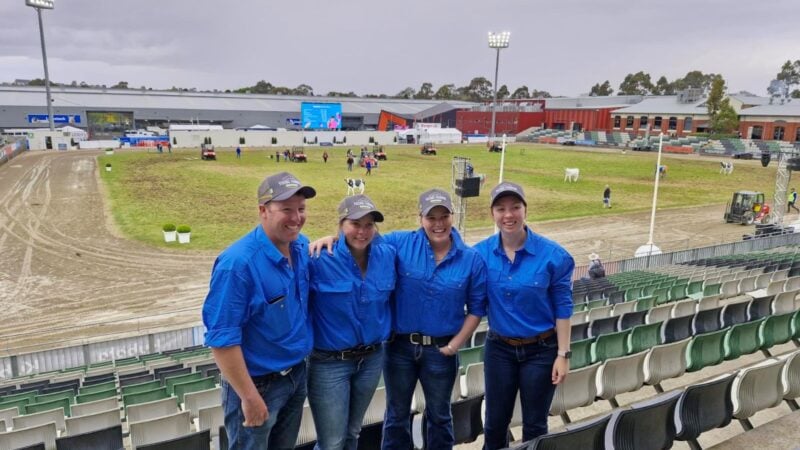Workplaces that promote, manage and support good mental health are able to attract and retain…
Floods test farmers’ mental wellbeing
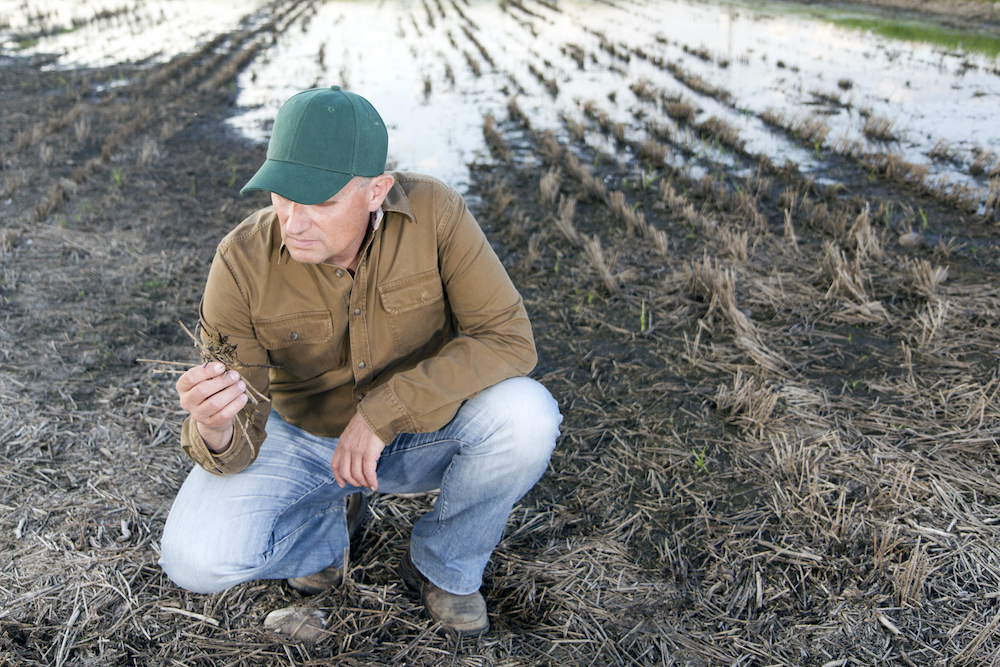
Last year certainly earned a ‘back in 22’ status when it comes to recalling flood events. For many rural communities, it was also the third soaking year in a row.
More than 30 per cent of respondents to a NSW Farmers Flood Impacts survey experienced flooding for three years in a row, with more than three-quarters saying they had planted less than half of their usual winter crop this season.
When asked are you feeling Ok, more than 20 per cent they had ‘had enough’.
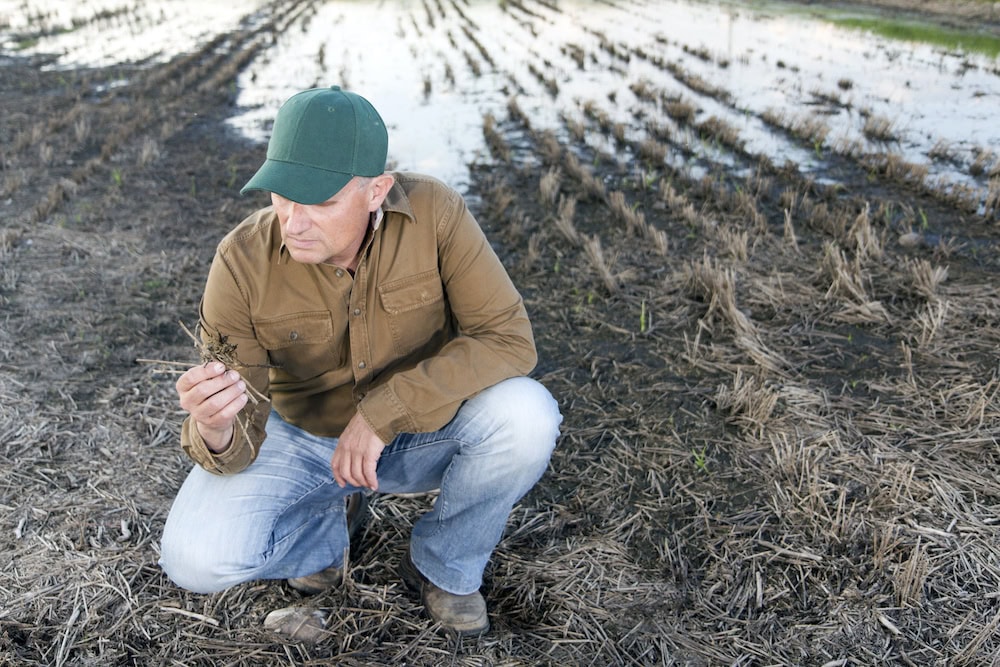
NSW Farmers President Xavier Martin said like the preceding drought, the widespread flooding that has occurred since 2020 has truly tested the stoic nature of farmers and rural communities.
“Farmers are saying they’re a bit over it, frankly, and it’s not hard to see why,” said Mr Martin said. “We know these farms are homes, not just workplaces, and having to deal with the uncertainty, stress and anxiety of living through this ongoing cycle of natural disasters is challenging.”
“When you consider farming has been a pretty expensive operation over the past year, and now so much of the food and fibre we have grown has been destroyed or damaged, it’s really tough from both a personal and a business standpoint.”
NSW Farmers President Xavier Martin.
“A lot of this flood damage cannot be insured against, and we’ll be feeling the impact well into next year in terms of missing the summer sowing window because the ground is still so wet.
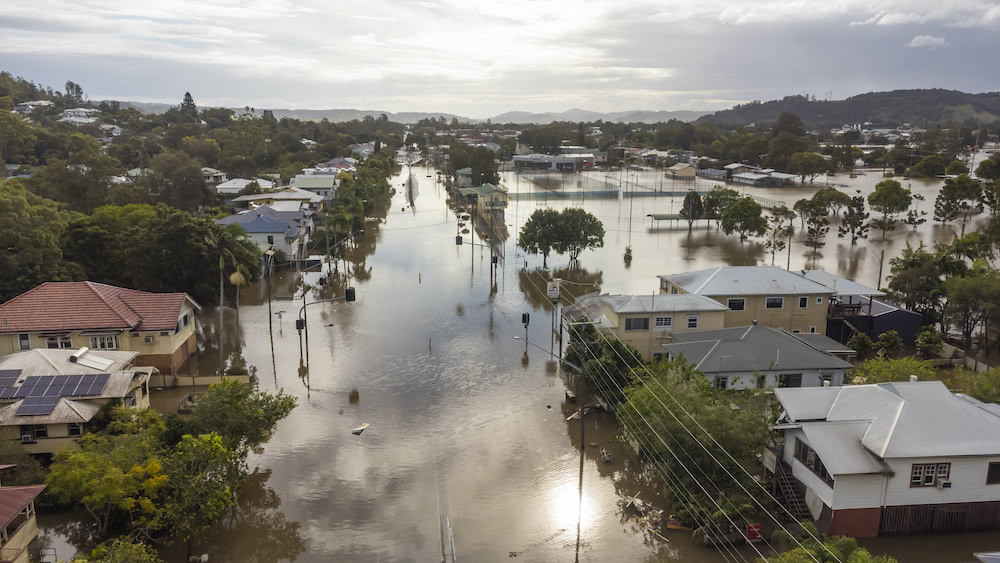
Mr Martin stressed the need for farmers to reach out to family and friends. “With so many people reporting increased stress and mental health impacts, I’d urge everyone to keep in touch with neighbours. Wellbeing and health support is available, so don’t struggle through this on your own.”
Mental health supported expanded in Central West
Flood-affected residents in the Central West are being encouraged to access a range of expanded mental health support services to help them deal with the impact of devastating floods.
The NSW Government increased the number of mental health clinicians and workers deployed in the State’s Central West to provide support to flood ravaged communities.
“We understand it has been an incredibly stressful and upsetting time for people in our flood affected towns and communities. We are committed to providing whatever support we can to help people who are doing it tough,” Mr Perrottet said.
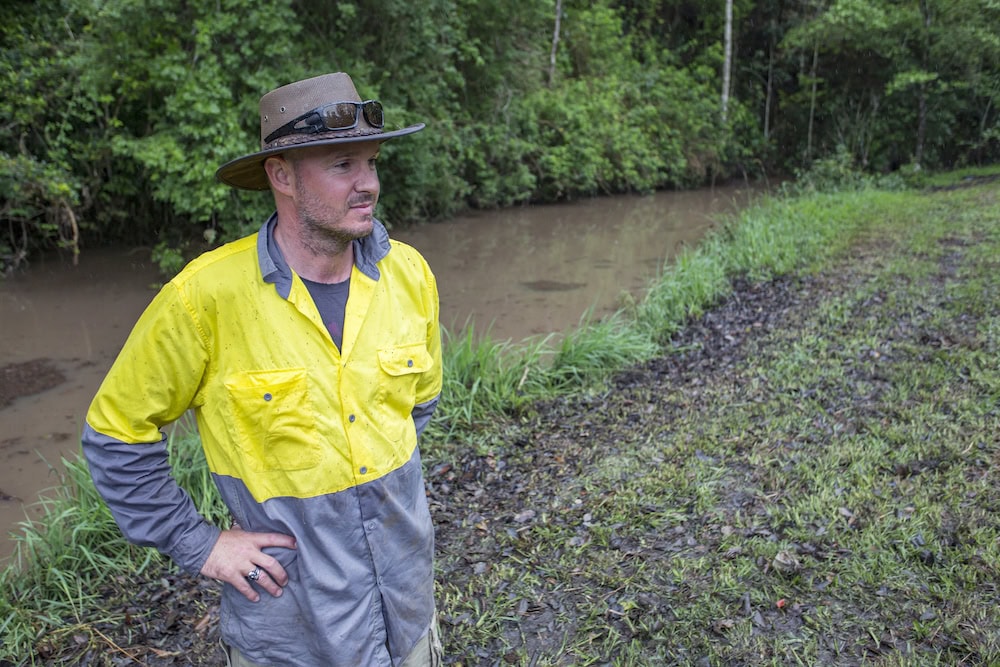
That included a funding boost for Lifeline Central West to increase its Rapid Response Program currently active on the ground, with six additional crisis counsellors, new vehicles and funding for fuel, and accommodation.
Mental health clinicians were also based at NSW Government Recovery Assistance Points, along with a range of other community-based mental health services, government agencies and other organisations also providing support.
These mental health workers, including the District’s Rural Adversity Mental Health Program (RAHMP) Coordinators, Response and Recovery Clinicians, and Aboriginal Mental Health teams, provided face-to-face care and help people access appropriate services for ongoing support.
Deputy Premier Paul Toole said the targeted mental health support is part of an ongoing, multi-agency effort to assist hard-hit communities.
“I want to thank all of the dedicated staff from NSW Health, NSW Ambulance, St John’s Ambulance, Lifeline and the Red Cross, who have been working so hard to ensure mental health support is available wherever it’s needed,” Mr Toole said.
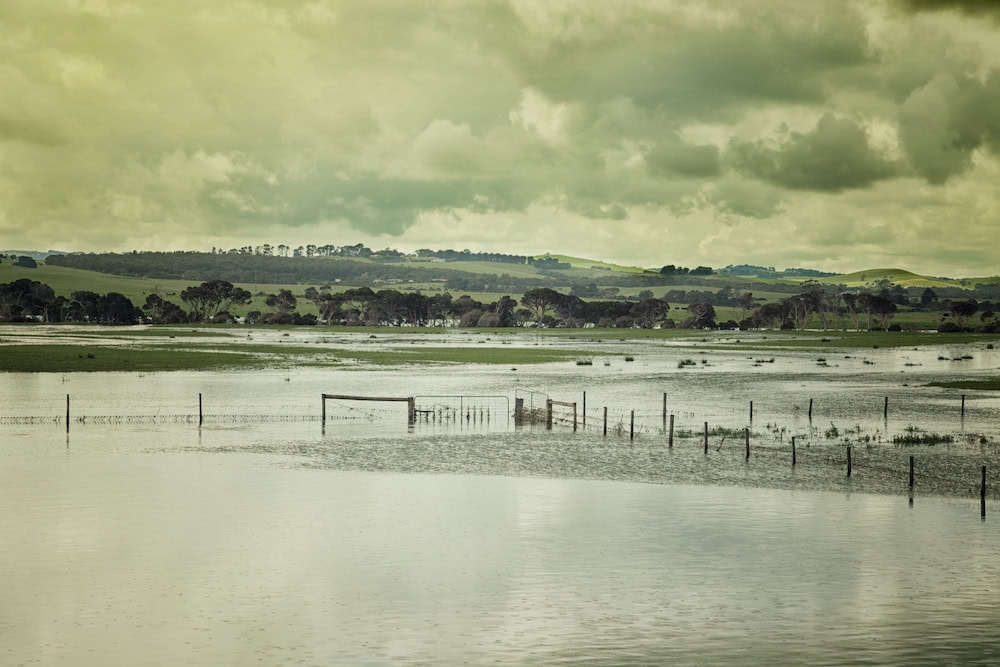
“In areas like Eugowra, our mental health clinicians have undertaken house-by-house wellbeing visits, to identify people who may require additional support and provide that care as needed.”
Deputy Premier Paul Toole.
Minister for Regional Health and Mental Health Bronnie Taylor said plans are underway to provide ongoing support to communities throughout the long clean up, rebuilding and recovery process.
“Additional mental health support staff are already in place in Parkes, Orange, Molong and Eugowra, to ensure the communities receive the care they need through the different stages of recovery,” Mrs Taylor said.
A range of 24/7 mental health services are also available to the Western NSW community, including the WNSWLHD Mental Health Line on 1800 011 511. The Mental Health Line is staffed by local mental health clinicians who can provide support and assistance to find the most appropriate service for your needs. People can also contact Lifeline on 13 11 14 or the Suicide Call Back Service on 1300 659 467.
Coordinating support in Deniliquin
Industry associations, government agencies and health groups have joined forces to disseminate information on mental health support services and events to farmers in the Deniliquin region.
The Deniliquin Regional Agriculture and Wellness Group is a voluntary group of businesses and agencies that service farm businesses and associated from a farm production, financial and personal well-being perspective.
The group was originally established by the Edward River Council during the last drought and has continued to meet on a regular basis since with the Ricegrowers Association providing in-kind support to coordinate the meetings.
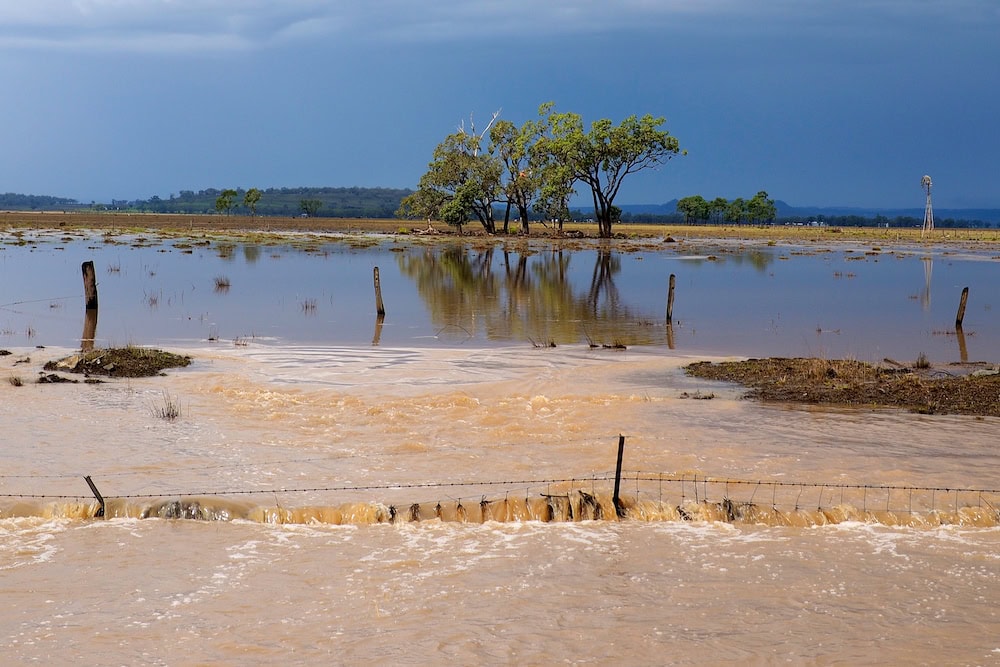
Group chair and Deniliquin local Neil Bull said flooding and high rainfall events resulted in a disastrous end to 2022 for many local farmers.
“Things were looking pretty good last year for farmers and there was not much activity for the group to do, but that all changed in October and November with the impact of high rainfall and flooding.”
“The back end of the year was a tough time for local farmers. There were lots of crop losses and delays to planting this year’s rice crop and some was not planted at all.”
Deniliquin Regional Agriculture and Wellness Group chair and Deniliquin local Neil Bull.
Neil, who is the policy and project manager for Ricegrowers, said the group’s coordinated approach to assisting farmers to access mental health and financial support is based on successful outcomes during and after previous natural disasters.
“I was part of group that was set up during the millennium drought and we found that incredibly valuable in having a coordinated approach to providing financial and mental health support services.”
He said that group’s model was used to drive the ongoing work of The Deniliquin Regional Agriculture and Wellness Group.
“There is some confusion out there about what support really is available, both in terms of financial and mental health. A great outcome of the group’s work late last year was to pull together a clear list of support services for farmers.”
NSW Farmers is a member of the group, along with Murray LLS, RAHMP, Resilience NSW, Red Cross, Edward River Council and local community groups.
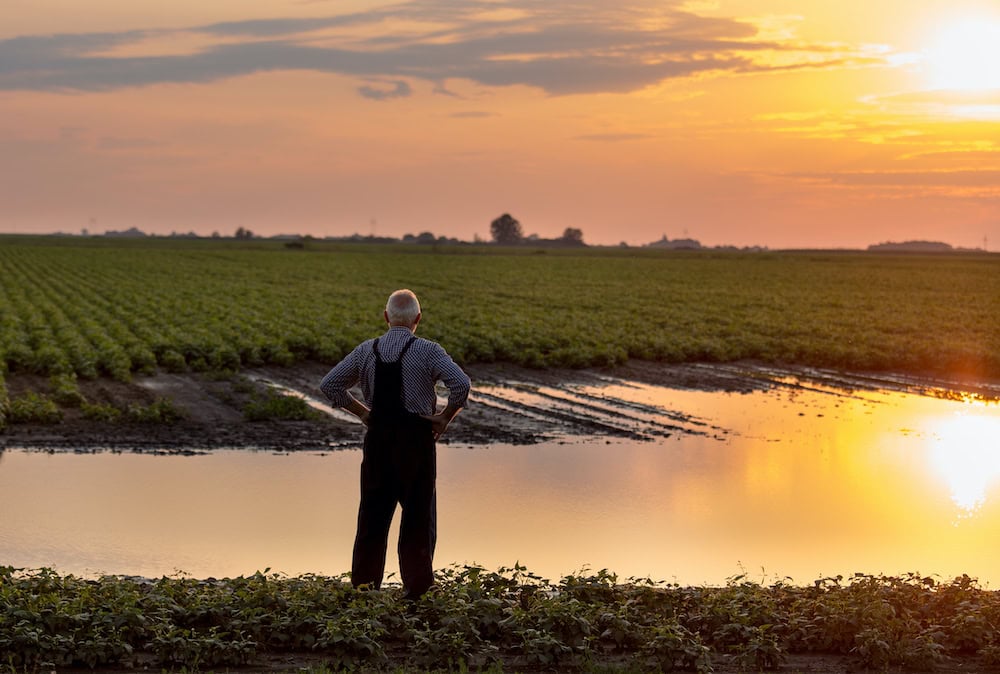
Tips from the Rural Adversity Mental Health Program
Many people may be feeling anxious, worried or afraid within flood-affected communities. Looking after the mental health of ourselves, friends and family is an important part of staying well. Here are some tips from the Rural Adversity Mental Health Program (RAHMP). For more information head to www.ramhp.com.au.
• Spend time with family and friends
• Try to get back to a routine but don’t push yourself and work too hard
• Continue a healthy lifestyle (try to eat well, sleep and exercise)
• Take time out, but don’t isolate yourself
• Write down your worries and concerns
• Express your feelings in your own time and way
• Accept help when it’s offered
• Limit the amount of media coverage you see and hear
• Know you won’t have all the answers
• Try not to take big risks and make life changing decisions until you are ready
• Understand you are not alone in your experience
If this story on farmers’ mental health was of interest to you, you might like to read our feature on free mental health services for farmers.






